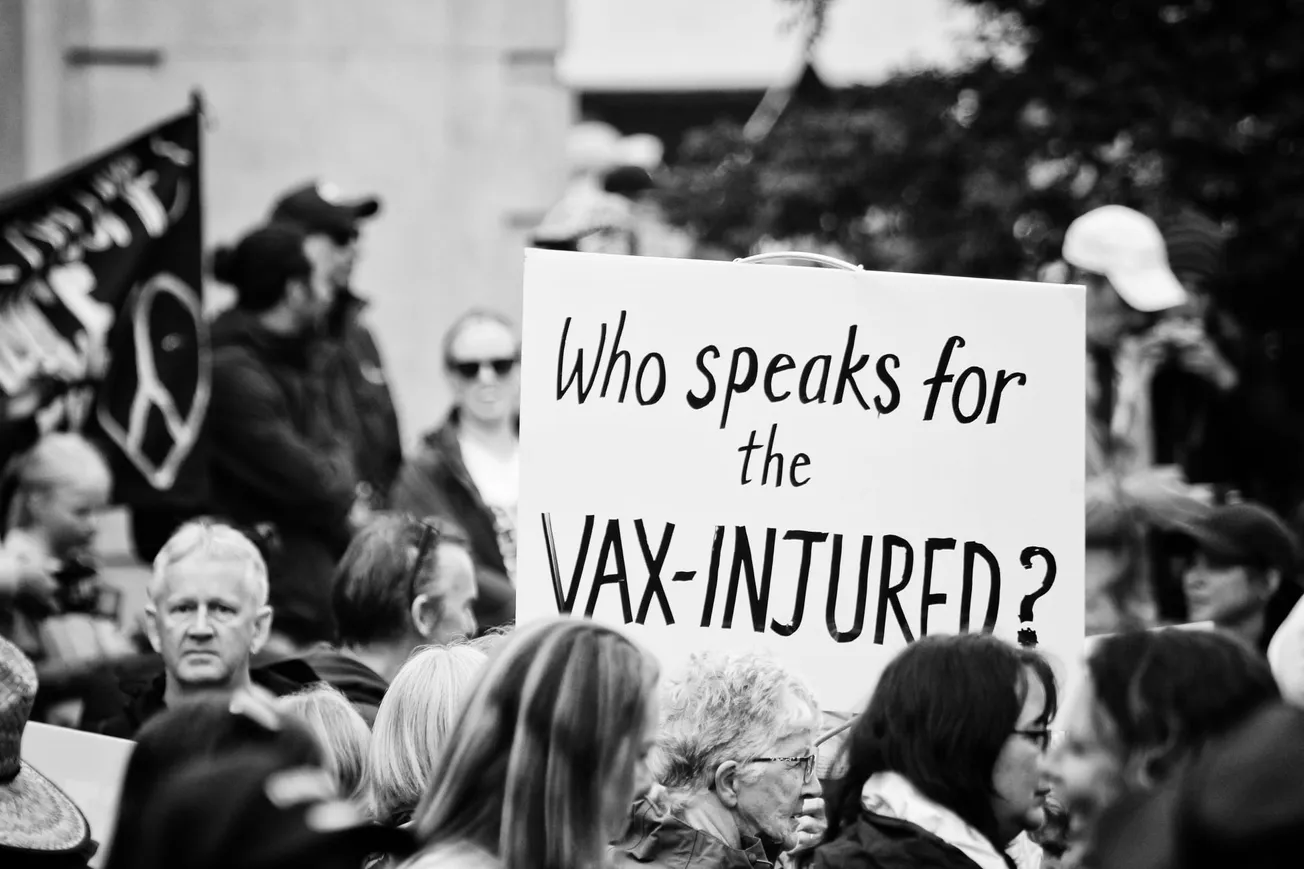Table of Contents
Dr Guy David Hatchard
Guy is an international advocate of food safety and natural medicine. He received his undergraduate degree in Logic and Theoretical Physics from the University of Sussex and his Ph.D. in Psychology from Maharishi University of Management, Fairfield Iowa. He was formerly a senior manager at Genetic ID, a global food safety testing and certification laboratory. His published work uses the statistical methods of the physical sciences to analyse social data.
The global Covid-19 pandemic has not only transformed our daily lives but also brought a new set of challenges to our mental and physical health. One of the more subtle yet widespread issues is the disruption of sleep, a phenomenon now referred to as “Coronasomnia.” This condition highlights the increase in sleep disturbances linked to the stress and anxiety caused by the pandemic.
What is Coronasomnia?
Coronasomnia is a term coined to describe the surge in sleep problems that have arisen during the Covid-19 pandemic. It reflects the interplay between coronavirus-related stressors and insomnia, encompassing a variety of sleep issues such as difficulty falling asleep, staying asleep, or experiencing restful sleep.
Pandemic Stress and Sleep Disruption
The pandemic has introduced numerous stressors that contribute to sleep disturbances:
- Health-Related Anxiety: Concerns about contracting Covid-19 and the health of loved ones have significantly elevated anxiety levels, making relaxation and sleep more difficult to achieve.
- Economic Instability: Job losses, financial uncertainty, and economic challenges have added to the stress burden, leading to increased sleep problems.
- Social Isolation: Lockdowns and social distancing measures have led to feelings of loneliness and isolation, negatively impacting mental health and sleep quality.
- Routine Changes: Shifts in daily routines, such as remote working and home schooling, have disrupted regular sleep schedules, contributing to irregular sleep patterns.
- Increased Screen Time: Greater dependence on digital devices for work, education, and entertainment has increased screen time, which can interfere with the body’s natural sleep-wake cycle due to exposure to blue light.
Insights from Research on Coronasomnia
A detailed study published in the Nature and Science of Sleep journal provides valuable insights into the prevalence and nature of sleep problems during the pandemic. Key findings include:
- Increased Insomnia Rates: There has been a noticeable rise in the prevalence of insomnia and other sleep disorders since the pandemic began. Many individuals who previously had no sleep issues have reported new or exacerbated problems.
- Mental Health Link: There is a strong connection between mental health issues like anxiety and depression and the occurrence of sleep disturbances. Those experiencing high levels of pandemic-related stress are more likely to suffer from Coronasomnia.
- Vulnerable Populations: Certain groups, including healthcare workers, individuals with pre-existing mental health conditions, and those undergoing significant life changes, are particularly susceptible to sleep issues during the pandemic.
- Potential Long-Term Effects: The study suggests that sleep disturbances caused by pandemic stress may have long-term consequences, potentially leading to chronic insomnia and other health issues if not properly addressed.
Strategies for Managing Coronasomnia
To combat Coronasomnia, a multifaceted approach involving lifestyle adjustments, stress management techniques, and professional support is essential. Consider the following strategies:
- Establish a Routine: Maintain a consistent daily schedule with regular sleep and wake times to help regulate your internal clock.
- Optimize Your Sleep Environment: Create a comfortable and relaxing bedroom environment free from distractions like electronic devices and excessive noise.
- Reduce Screen Time: Limit exposure to screens, particularly before bedtime, to minimize the impact of blue light on your sleep cycle.
- Practice Relaxation Techniques: Engage in relaxation activities such as meditation, deep breathing exercises, or gentle yoga to reduce stress and anxiety.
- Seek Professional Help: If sleep problems persist, consult a healthcare professional or sleep specialist for guidance and potential treatment options.
Conclusion
Coronasomnia has emerged as a significant issue during the Covid-19 pandemic, affecting millions globally. Understanding the relationship between pandemic stress and sleep problems is crucial for developing effective coping strategies. By addressing underlying stressors and adopting healthy sleep habits, individuals can mitigate the impact of Coronasomnia and enhance their overall well-being.
For more detailed insights and research findings on Coronasomnia, refer to this full article published in the Nature and Science of Sleep journal.









